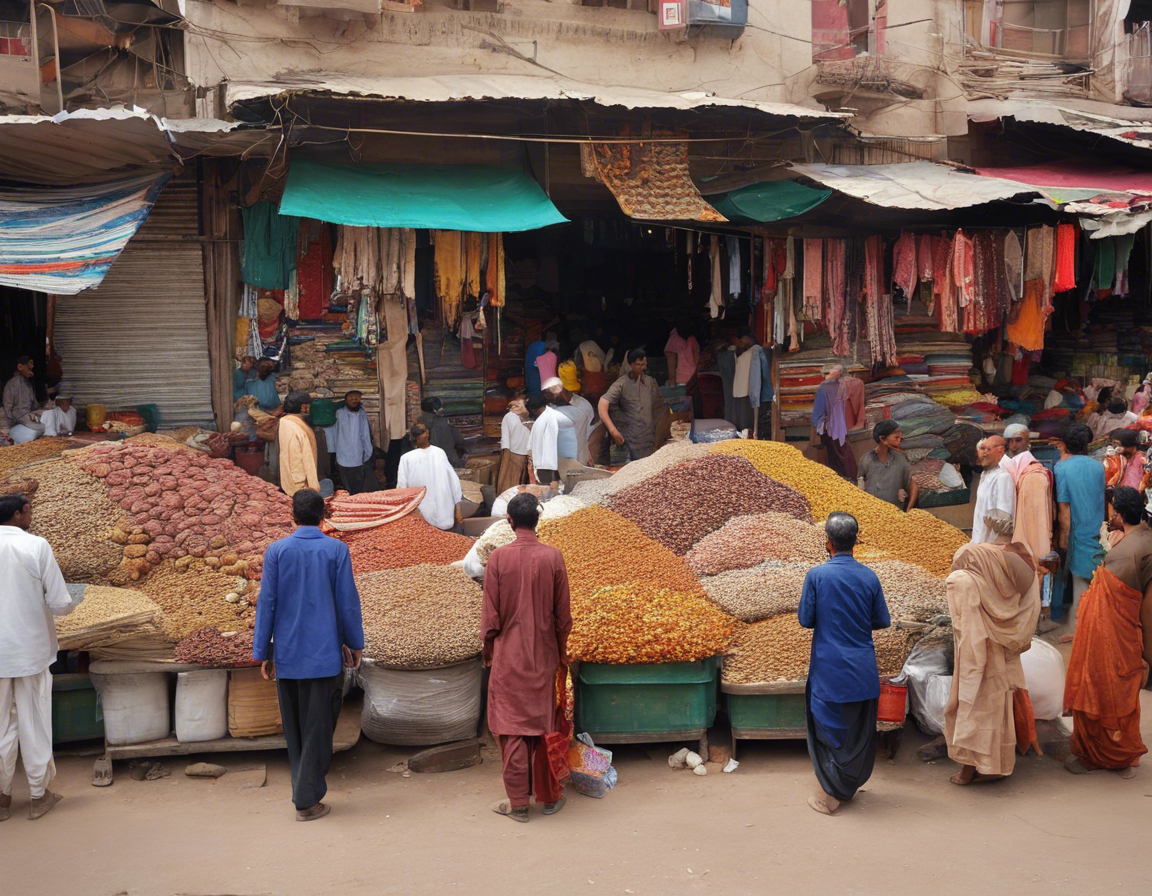Introduction:
In the realm of gambling and betting in India, Satta Bazar holds a prominent position. Satta, derived from the Hindi word for ‘betting’, is an illegal form of gambling that has been prevalent in India for decades. Despite being prohibited by the law, Satta Bazar continues to thrive, especially in states like Maharashtra, Gujarat, and Uttar Pradesh. This article delves into the world of Satta Bazar, exploring its intricacies, impact, and the reasons behind its enduring popularity.
Understanding Satta Bazar:
Satta Bazar operates through a network of bookies who facilitate betting on a wide range of events, including sports, politics, and even stock market fluctuations. The most common form of Satta involves betting on the opening and closing rates of cotton transmitted from the New York Cotton Exchange to the Bombay Cotton Exchange. Players place their bets on a combination of numbers, and if their chosen combination matches the declared result, they win a predetermined amount.
History and Evolution:
The roots of Satta Bazar can be traced back to the pre-Independence era, where it was known as ‘Ankada Jugar’. Over time, it evolved into the more organized form of Satta that we see today. While initially centered around betting on cotton rates, Satta Bazar has expanded to include various other markets, making it a versatile and dynamic betting platform.
Key Players and Stakeholders:
The Satta Bazar ecosystem comprises bookies, punters, and syndicates who play crucial roles in the functioning of this underground industry. Bookies act as intermediaries between punters, accepting bets and declaring results. Punters, on the other hand, place bets on speculative outcomes, hoping to win substantial amounts. Syndicates are involved in large-scale operations, pooling resources and influence to manipulate results in their favor.
Impact on Society:
The proliferation of Satta Bazar has had far-reaching consequences on Indian society. From luring gullible individuals into a cycle of debt to fostering a culture of illegal activities and corruption, the repercussions of Satta are profound. Moreover, the allure of quick money has led to a rise in criminal activities and black money transactions, further exacerbating the social harm caused by this underground industry.
Regulatory Challenges:
Despite being declared illegal under the Public Gambling Act of 1867, Satta Bazar continues to operate with impunity across various states in India. The lack of stringent enforcement and regulatory mechanisms has allowed this illicit industry to flourish, posing a challenge to law enforcement agencies and policymakers. Efforts to curb Satta have been largely ineffective, as the clandestine nature of the business makes it difficult to track and dismantle.
Popular Myths and Misconceptions:
There are several myths and misconceptions surrounding Satta Bazar, contributing to its enduring appeal among certain segments of the population. One common myth is that Satta is a game of skill rather than chance, leading many to believe that they can manipulate the outcomes in their favor. In reality, Satta is purely based on luck and probability, with no room for strategy or skill.
Future Outlook:
As India continues its path towards modernization and digitization, the future of Satta Bazar remains uncertain. The emergence of online betting platforms and cryptocurrency transactions has provided new avenues for clandestine gambling activities, posing a fresh set of challenges for regulators. However, with concerted efforts towards stricter enforcement and public awareness campaigns, there is hope for curbing the influence of Satta Bazar in the years to come.
Frequently Asked Questions (FAQs):
Q1: Is Satta Bazar legal in India?
A1: No, Satta Bazar is illegal in India under the Public Gambling Act of 1867.
Q2: How are bets placed in Satta Bazar?
A2: Bets are typically placed through bookies who act as intermediaries between punters.
Q3: Can one win consistently in Satta Bazar?
A3: Satta is based on luck and probability, making consistent wins nearly impossible.
Q4: What are the risks associated with participating in Satta Bazar?
A4: Risks include financial loss, legal implications, and potential involvement in criminal activities.
Q5: How widespread is the influence of Satta Bazar in India?
A5: Satta Bazar has a significant presence in states like Maharashtra, Gujarat, and Uttar Pradesh, among others.
In conclusion, Satta Bazar remains a prevalent yet illegal aspect of India’s underground gambling scene, with a complex web of stakeholders, impacts, and regulatory challenges. As the authorities grapple with curbing its influence, public awareness and stringent enforcement measures are key to mitigating the detrimental effects of this illicit industry.
